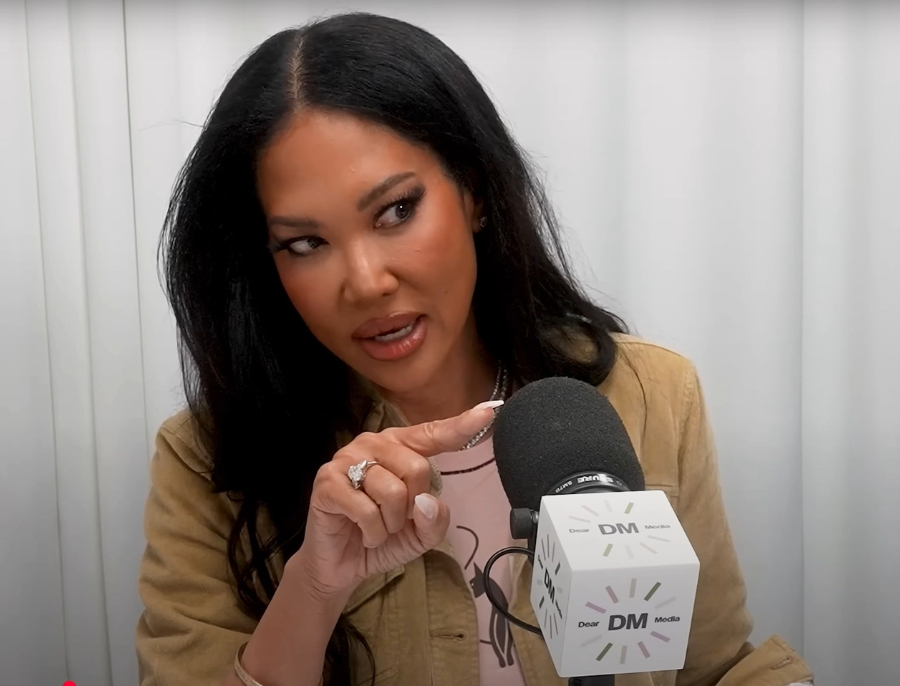What Happens When an Entire Generation Grows Up on AI? Ask Gen Z

From ChatGPT to Gemini to Claude, Gen Z has grown up alongside the rapid evolution of artificial intelligence. As the digitally native generation, they’re not just early adopters—they’re power users navigating uncharted territory between human connection and machine efficiency.
The question isn’t whether AI will reshape society—it already has—but what exactly are the implications? No generation feels this tension more acutely than Gen Z, who are simultaneously embracing AI’s possibilities while grappling with what it means for privacy, autonomy, and authentic human relationships.
What is the Gen Z lifestyle subsidy?
Remember the rise of Uber Eats, Instacart, and DoorDash in the 2010s? When the market became saturated, companies took private investor funding to subsidize delivery costs, hooking millennials on convenience and their platforms, before eventually raising prices. This is known as the “the millennial lifestyle subsidy.”
Today, we’re witnessing “Gen Z lifestyle subsidy”—but instead of discounted takeout, AI companies are offering free premium services to college students. The strategy remains the same: get users hooked early, build loyalty, monetize later. These companies are fueling a new lifestyle subsidy, less about boutique fitness and rideshares—like their millennial predecessors—and more about AI loyalty.
Gen Z: Power AI users in the classroom and beyond
Tech companies are in a relentless pursuit of capturing their market share of loyal customers. Students have emerged as AI “power users,” the demographic using AI more than anyone else, particularly in the classroom but also in the workplace and even in relationships.
Lila Shroff, an assistant editor at The Atlantic, remembers when ChatGPT first released and spread like wildfire on her college campus. In an episode of The Intersect, she explains to host Cory Corrine that “colleges are trying to decide what to make of us. But research shows that even college professors are also using it. So you are stuck in this cycle where people are using it on both sides, sometimes for better and sometimes for worse.”
Companies are working overtime to win the loyalty of the “power user” cohort, going the distance to drive adoption, from college ambassador programs and hiring in-house education experts to bringing in the students themselves for focus groups.
We’re comfortable oversharing with AI
Perhaps most striking is Gen Z’s willingness to share deeply personal information with AI chatbots. Unlike previous generations who grew up with strict warnings about online privacy, many young adults are comfortable treating AI as a confidant, therapist, or life coach.
“It’s like a partner. You’re developing this relationship and they have all this information about you. It’s going to help build your life with you…that’s a little scary,” Corrine says.
When users turn to ChatGPT for relationship advice or emotional support, they’re sharing intimate details of their lives with systems designed to remember and learn from every interaction. This data becomes part of the AI’s memory, creating an unprecedented level of digital intimacy.
“Some people are starting to turn over a lot of intimate information,” Shroff observes. “But when I talk to people and ask if it bothers them, they say no, because the benefit is worth it if someone hears about my internal drama. It’s a desensitized feeling.”
How is Gen Z shaping AI?
Gen Z isn’t just adapting to an AI-powered world—they’re defining it. Their choices about which AI tools to trust, how much personal information to share, and when to prioritize efficiency over human connection will shape the digital landscape for decades.
The question remains: in pursuing the benefits of AI assistance, what essential human experiences might we be trading away? And perhaps more importantly, is this exchange worth it? Surely, AI could tell us.
For more about the future of AI and how it is shaping Gen Z, tune into The Intersect on Thursdays for more.




















Leave a Reply